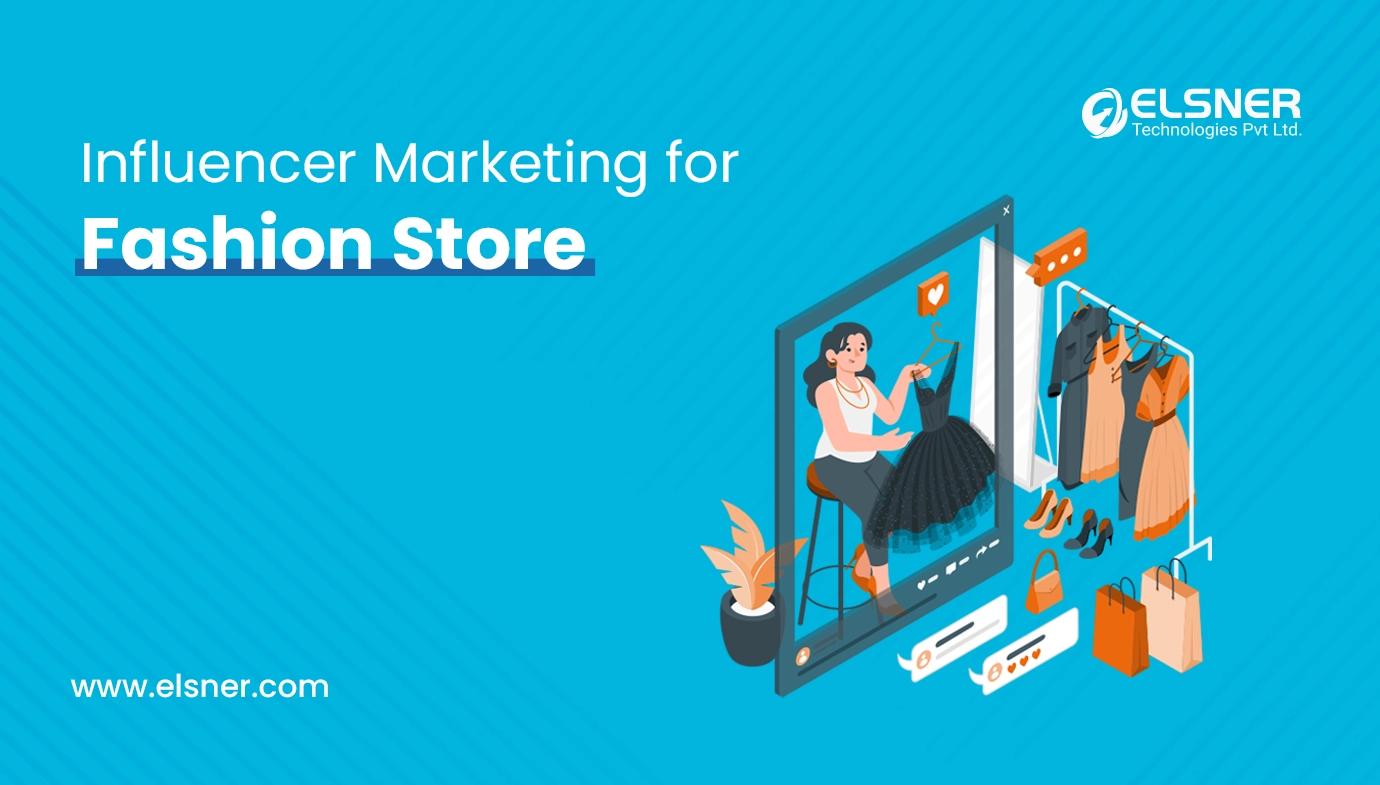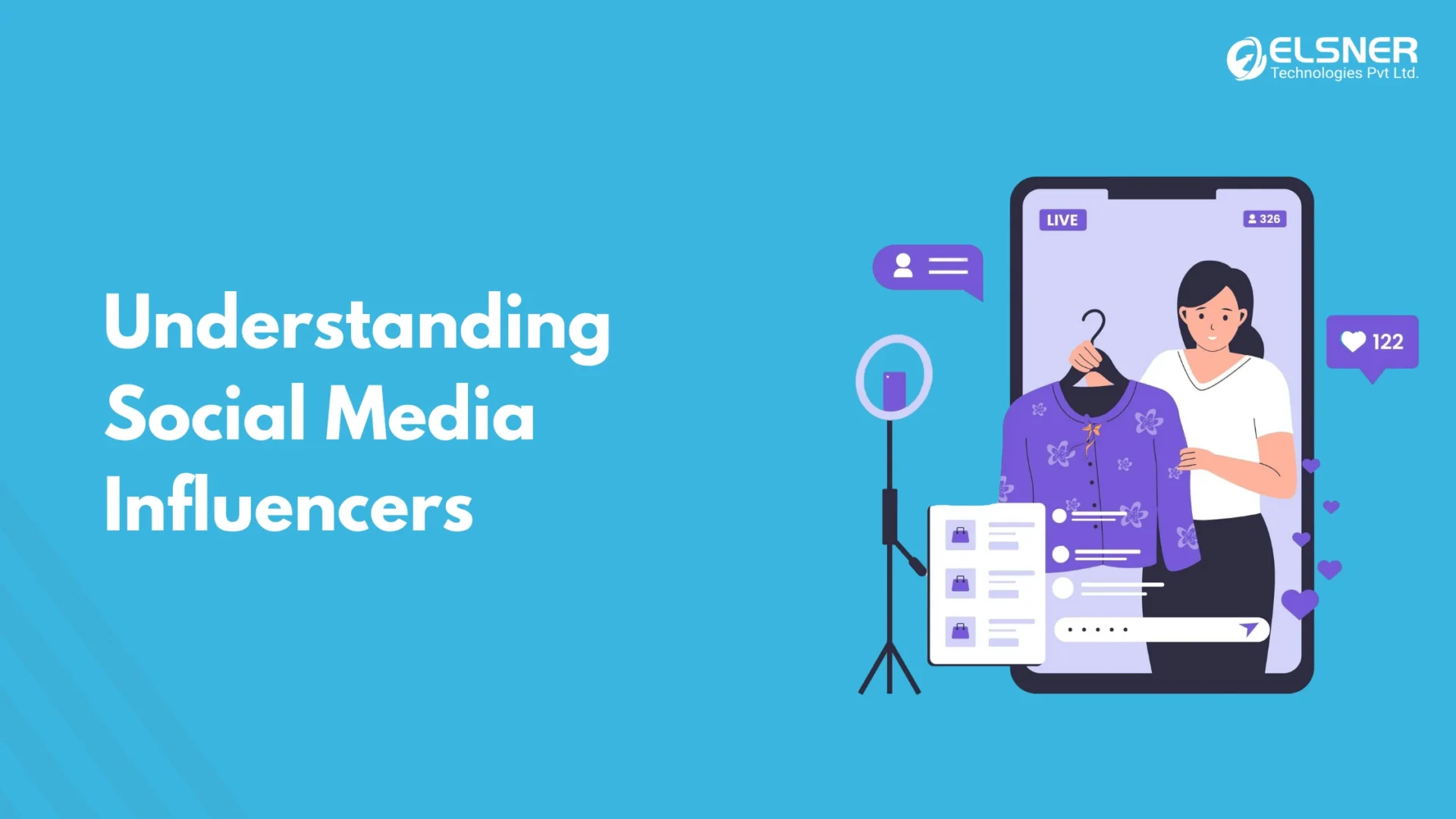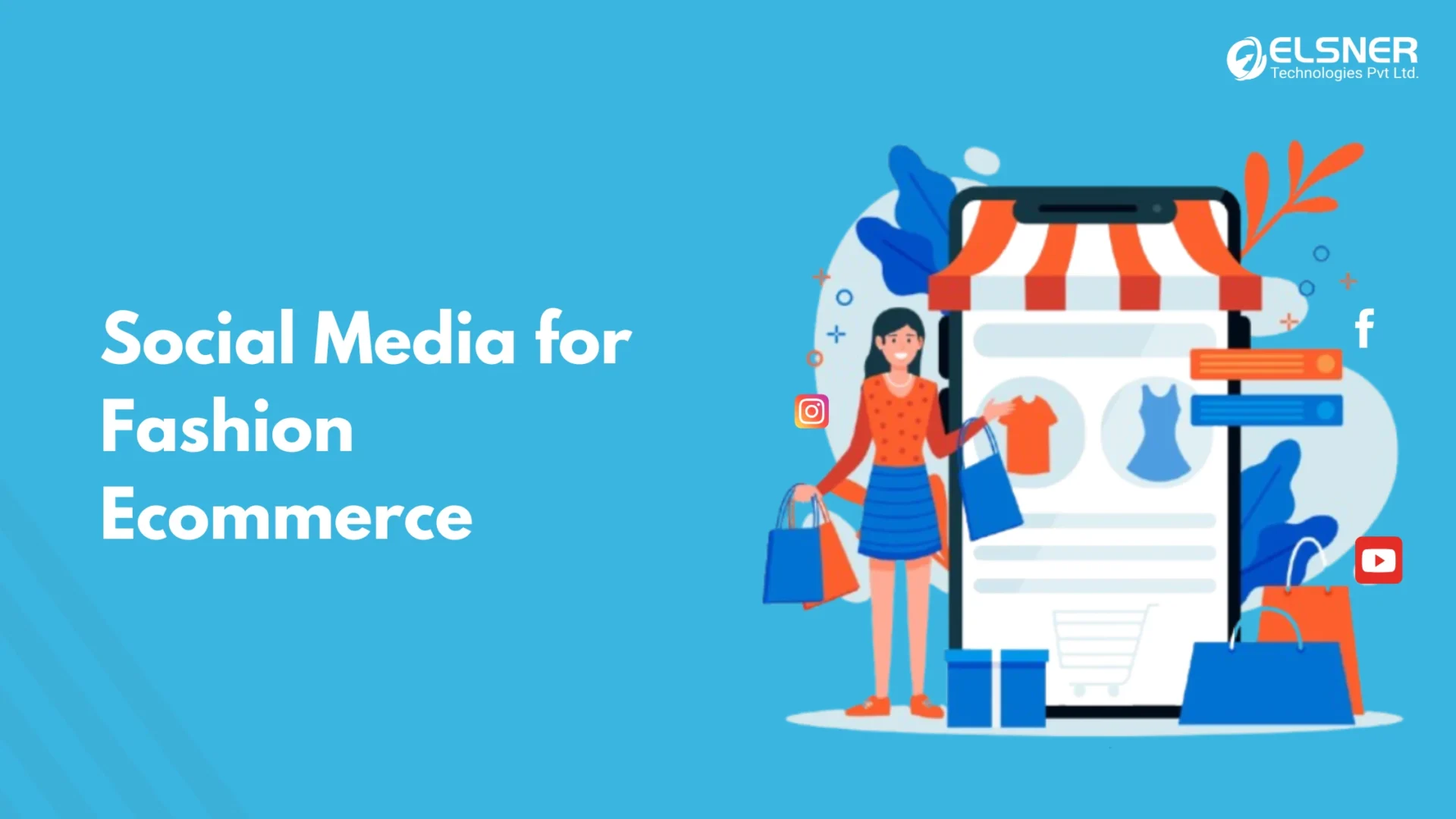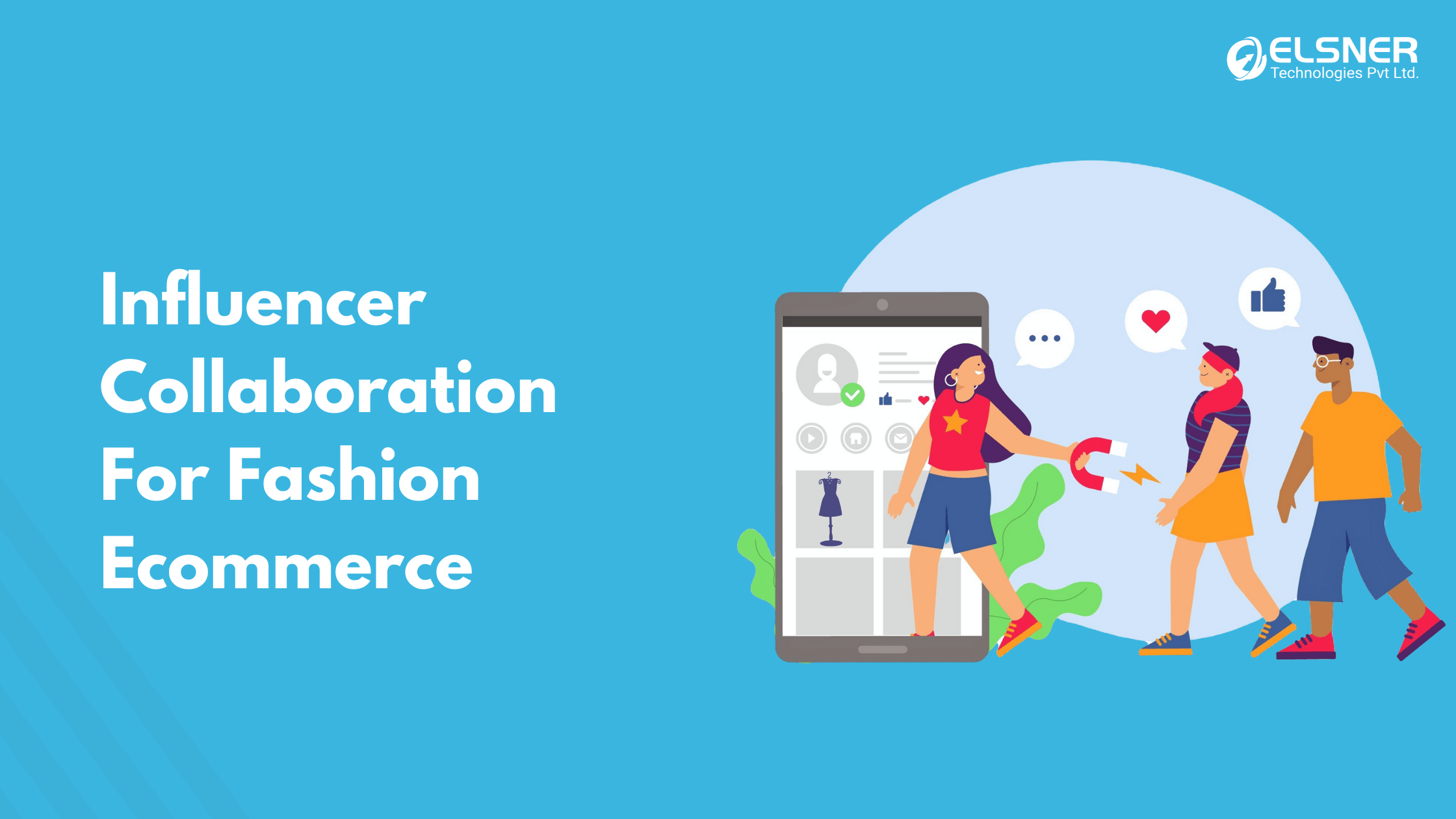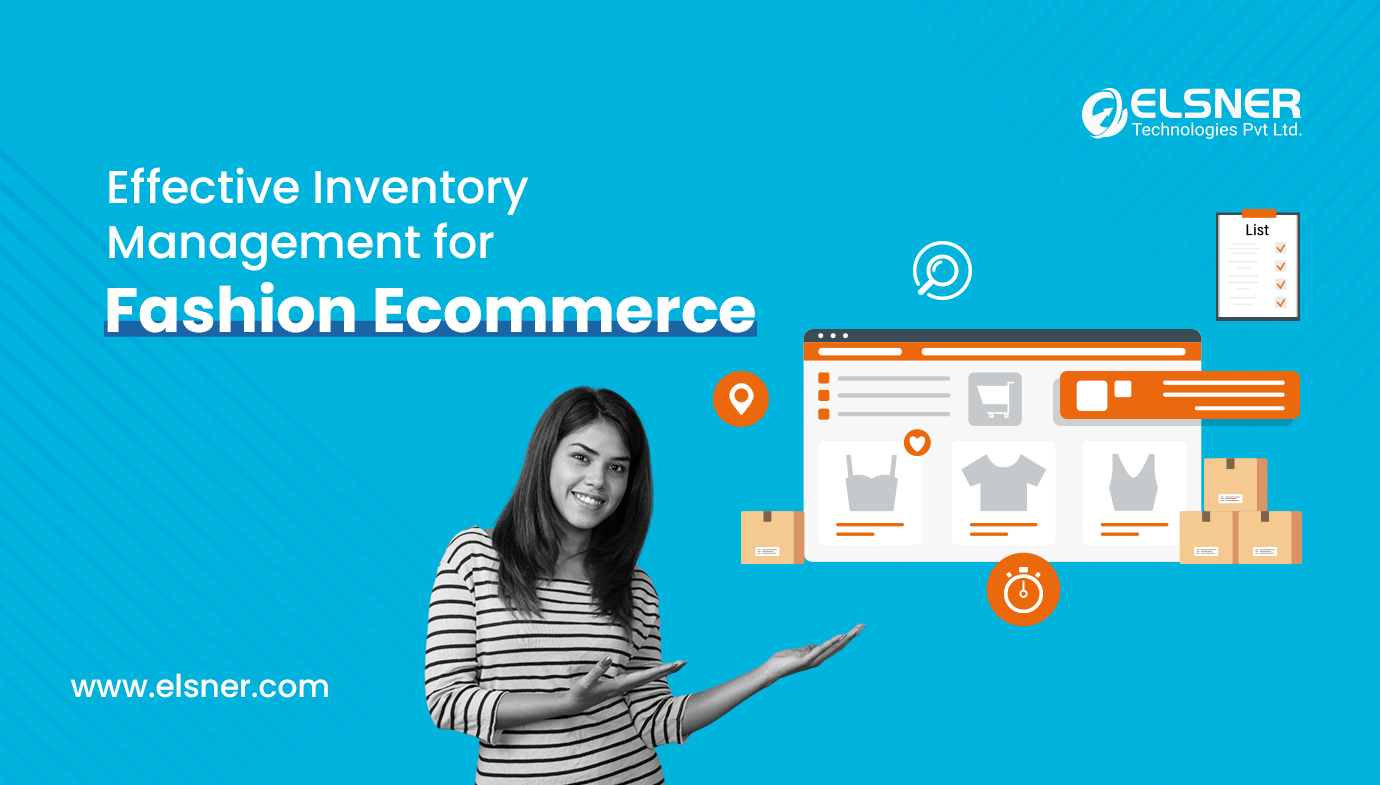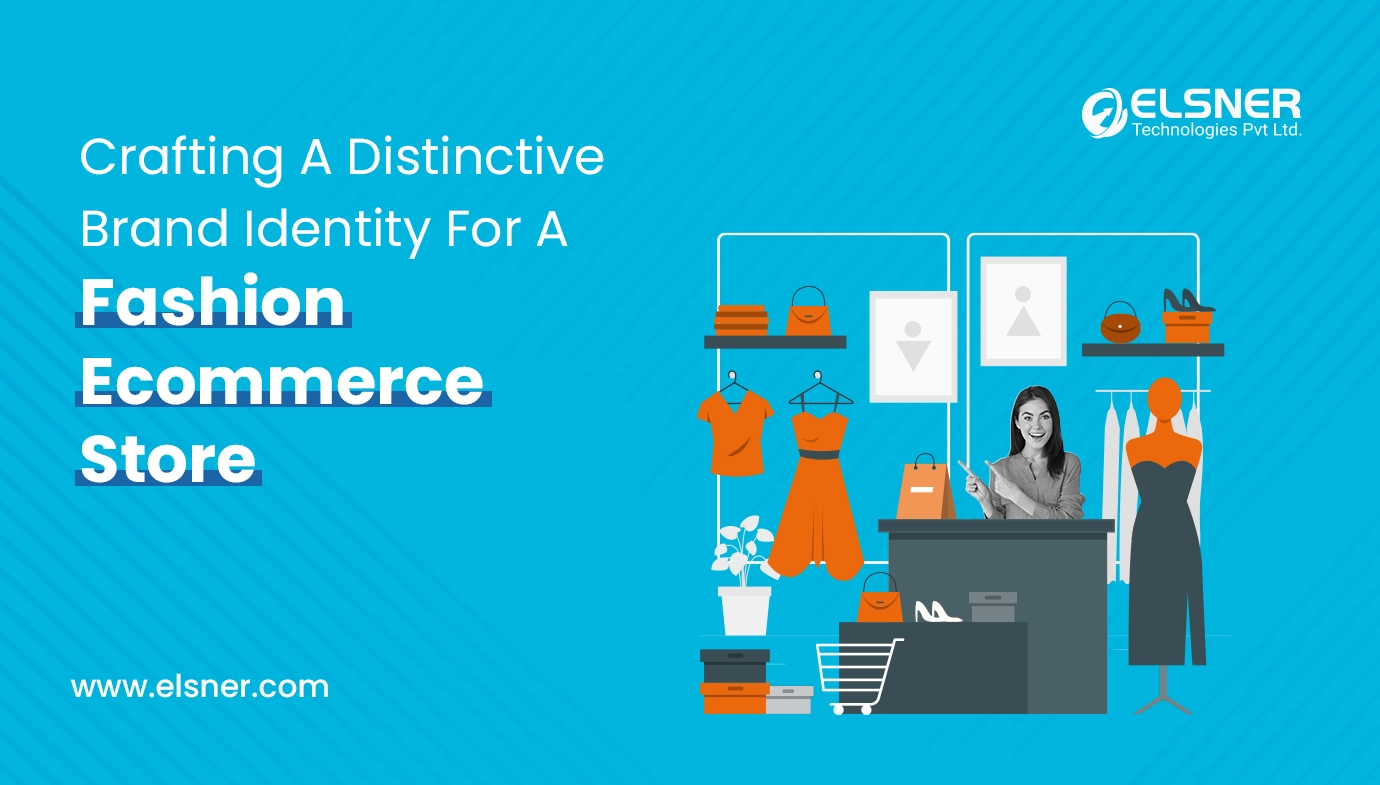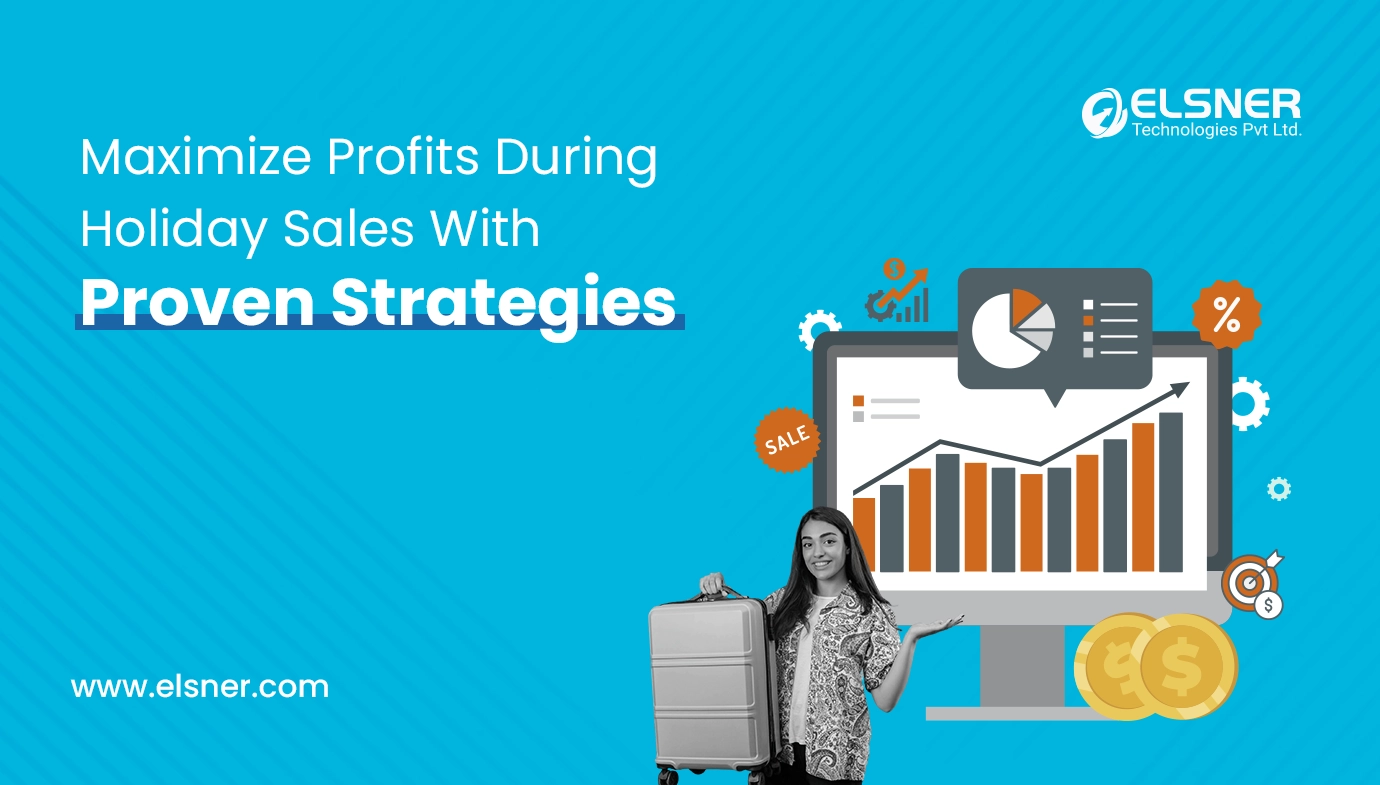- Understanding Social Media Influencers
- Definition and Types of Influencers
- The Role of Influencers in Shaping Fashion Trends
- Social Media for Fashion Ecommerce
- How Social Media Shapes Purchase Decisions?
- The Psychology Behind Influencer Recommendations
- Building Trust and Credibility Through Influencers
- Social Media for Fashion Ecommerce: Benefits of Collaborating with Influencers
- Expanding Brand Reach and Visibility
- Driving Traffic to Ecommerce Websites
- Enhancing Customer Engagement and Loyalty
- Strategies for Effective Influencer Partnerships
- Identifying the Right Influencers for Your Brand
- Crafting Authentic Collaborations and Campaigns
- Measuring Success: KPIs and Analytics
- Case Studies: Successful Influencer Campaigns in Fashion Ecommerce
- Analysis of Brands That Have Successfully Leveraged Influencers
- Lessons Learned from These Campaigns
- Challenges and Considerations in Influencer Marketing
- Future Trends: The Evolving Role of Influencers in Fashion Ecommerce
- Conclusion: Harnessing the Power of Influencers for Fashion Ecommerce Success
- Still Curious? Get more insights
Fashion is arguably one of the most dynamic and fastest-growing industries, with online shops spearheading the growth. However, in order to reach the top, brands have to come up with creative ideas. The hottest trend with great potential to generate sales is influencer fashion ecommerce marketing, where the followers of popular people on social media are targeted with product promotion.
It is as if a loyal friend vouched for you that, “You have to get this outfit on!” Approximately 25% of marketers are employing this approach in order to reach customers and increase sales. Instagram, TikTok, and Pinterest make it easier for fashion ecommerce marketing influencers to promote new styles and trends not only for shoppers but also for brands looking for the perfect product.
Today’s blog will cover everything you need to know about fashion influencer marketing and social media for fashion Ecommerce.
Understanding Social Media Influencers
Definition and Types of Influencers
Social media influencers are people who serve as popular, relatable figures and endorse certain products to increase their purchases. Fashion ecommerce marketing influencers are divided into four groups based on the size of their audiences.
|
Type of Influencers |
Followers |
Description |
|
Nano Influencers |
1-10k followers |
They have quite a close circle and for this reason, they possessed a whopping 15.2% engagement rate (ER) in 2022 which was better than other influencers. |
|
Micro-Influencers |
10-100k followers |
They enjoy a moderate following as they appeal to particular audiences, and in 2022, their ER was 12.4%. |
|
Macro Influencers |
100k-1M followers |
They have the potential to work with many industries as they have an extensive fan base. |
|
Mega Influencers |
1M+ followers |
These celebrities are great for world campaigns since they can create a stir with ease. |
A fashion ecommerce agency can help you pick the right influencer type for your brand.
The Role of Influencers in Shaping Fashion Trends
With fashion being an exceedingly dynamic industry, influencers play a key role in showcasing new styles and brands to people. A staggering 60% of fashion ecommerce agencies agree that posts made by influencers achieve greater engagement and conversions than posts made by brands.
It is evident from this trend that the role of influencers in fashion Ecommerce solutions is critical – they broaden the scope of brands to appeal to various demographics.
One is bound to notice a dramatic effect from influencer fashion ecommerce marketing, even more than any paid advertisements. 11 times more money can be made off investment if it is backed by an influencer than through a generic advert since 92% of online buyers have more inclination to trust influencers.
So once you notice an increase in conversions with influencer marketing, you also need to focus on fashion ecommerce fulfillment. Without a smooth fulfillment process, you’ll be left with frustrated customers.
“They’re Selling Like Hot Cakes. They’re Creating Huge Returns, And They’re Only Set To Keep Growing.” — Emily Warna on Influencer Marketing
Social Media for Fashion Ecommerce
How Social Media Shapes Purchase Decisions?
Social Media for Fashion Ecommerce has indeed broadened the range of consumer patterns as customers now tend to make purchases instantly and are more loyal to a specific brand.
In both the UK and the US, statistics show that nearly 10% of people have made a fashion purchase on social media after seeing it promoted by an influencer. Every successful influencer marketing needs a robust strategy, and a fashion ecommerce agency can help you with that.
The Psychology Behind Influencer Recommendations
In contrast to businesses, influencers are viewed by consumers as peers, which is a strong bonding factor. This kind of trust plays a great role in influencing purchases, which is why when consumers receive repeated recommendations from a certain B2C or B2B B2B fashion ecommerce creator, the probability of making a purchase increases by 68.25% for fashion and lifestyle shoppers.
Building Trust and Credibility Through Influencers
In a competitive market, influencers aid businesses in enhancing their brand authority. Social media platforms like TikTok, YouTube, Instagram have a 1.53% average engagement rate for most influencers.
This exhibits the potential to build a more genuine relationship with the target audience using Social Media for Fashion Ecommerce. So, an influencer fashion ecommerce solution is something that all fashion brands need to leverage.
As sales increase, influencer marketing needs to be supported by a robust fashion ecommerce fulfillment to build a loyal customer base.
Social Media for Fashion Ecommerce: Benefits of Collaborating with Influencers
-
Expanding Brand Reach and Visibility
Engaging with influencers enables brands to reach out to many different audiences. This strategy is important in B2B fashion ecommerce, where targeted campaigns produce positive results.
-
Driving Traffic to Ecommerce Websites
Fashion influencers create an impression on their followers and significantly drive traffic to certain products/services. So, just like SEO for fashion ecommerce, influencer marketing is also essential for driving traffic.
Their personalized promotions resonate deeply with their communities. So when you’re hiring a fashion Ecommerce website developer ensure that you’re including influencer marketing strategy within your plan.
-
Enhancing Customer Engagement and Loyalty
Engagement metrics in B2C and B2B fashion ecommerce, such as the average rate of 1.53% engagement rate of fashion creators on all platforms, indicate the ability of influencer marketing to retain loyal customers and build communities. So, in 2024 and beyond, SEO for fashion ecommerce and influencer marketing are both necessary.
Strategies for Effective Influencer Partnerships
-
Identifying the Right Influencers for Your Brand
Working with the right B2C or B2B fashion ecommerce influencers is important. Some engagement rate metrics can be used to estimate the potential partner’s impact, such as 1.59% on Instagram or 0.97% on YouTube.
But remember, even with the best influencers and marketing strategies, you might lose out on your loyal customers if your fashion ecommerce fulfillment process has bottlenecks.
-
Crafting Authentic Collaborations and Campaigns
Influencer marketing is focused on showcasing the authentic self. Co-branding campaigns should be executed in such a manner that they are meaningful to the influencer and to the brand. Fashion Ecommerce Website Development Services can help you create an influencer marketing strategy.
With a combination of influencer marketing and SEO for fashion Ecommerce you’ll notice significant increase in traffic and conversions.
-
Measuring Success: KPIs and Analytics
Commercial campaigns should be focused around key performance indicators (KPIs) which include conversions, reach and return on investment (ROI).
Influencer marketing is believed to generate, on average, 6.5 times higher ROI than forms of advertising, making it even more efficient. So many fashion brands combine influencer solutions with SEO for fashion ecommerce.
Case Studies: Successful Influencer Campaigns in Fashion Ecommerce
Analysis of Brands That Have Successfully Leveraged Influencers
- Fashion Nova: Fashion Nova, by teaming up with nano and micro-influencers, increased its reach to the Gen Z audience even more.
- Gymshark: This brand partnered with fitness influencers to build a strong community around activewear. This influencer marketing approach drove traffic to its fashion ecommerce website development and strengthened its global footprint.
Want to create such impactful campaigns? Contact a Fashion Ecommerce Website Development Services at the earliest!
Lessons Learned from These Campaigns
- It is better to engage with customers than reach them: Solid engagement rates from smaller influencers tend to give a higher return on investment.
- Stability in partnerships: Repeated partnerships strengthen brand awareness and loyalty to the brand.
Challenges and Considerations in Influencer Marketing
- Navigating Authenticity and Transparency
Almost 60% of the influencers in the world already have a strategy tailored for beauty and fashion brands, focusing on transparency in their collaborations. Consumers appreciate authenticity, hence the importance of proper disclosure and true endorsements.
- Dealing with Influencer Fraud and Misrepresentation
84% of influencer investigations are done manually, making it difficult to authenticate them. The brand can reduce threats by checking the quality of engagement and the profile of the followers. A fashion Ecommerce website developer can help you with that.
- Balancing Paid Partnerships with Organic Content
It is critical to manage organic mentions alongside purchased promotion strategies. The strain on a budget still remains a problem, with 39% of marketers citing this as an obstacle to taking up both influencer and SEO for fashion ecommerce marketing.
Future Trends: The Evolving Role of Influencers in Fashion Ecommerce
- The Impact of Emerging Technologies (AR/VR)
The big difference for influencers will be a complete shift in marketing where the use of AR and VR will allow for more vivid experiences. For instance, AR self-service fashion fitting will be complemented with advanced capabilities in fashion ecommerce fulfillment.
- Predictions for Influencer Marketing in 2025 and Beyond
As estimated the size of the fashion influencer marketing industry was worth USD 3.7 billion in the year 2022 and is projected at a value of USD 58.50 billion in the year 2031 highlighting a compound annual growth rate of 35.9 percent. AI tools and the expertise of fashion Ecommerce website development companies will automatically assist the brand in seeking potential collaborating influencers.
Conclusion: Harnessing the Power of Influencers for Fashion Ecommerce Success
Social media influencers are a fundamental component of the development of fashion commerce marketing, earning unprecedented engagement, reach and ROI. Almost 60% of brands already use some advertising or direct relation strategies with influencers, and a further 21% profess to use them more in the future. Fashion ecommerce strategy will capitalize on this evolving media.
Still Curious? Get more insights
- What is influencer marketing and what is the role it plays in fashion ecommerce?
To advertise their products, brands work with specific individuals on social networks. All the traffic and sales come as a result of influencers’ content.
- How do social media influencers affect consumer purchasing decisions in the fashion industry?
By building trust and credibility, influencers impact purchasing decisions. Their recommendations lead to significant conversions.
- What are the key benefits of partnering with influencers for fashion ecommerce brands?
Some of the most significant advantages are stronger awareness, higher engagement, and better ROI than other forms of advertisement.
- How can I find the right influencers to collaborate with for my fashion brand?
The use of tools that analyze the involvement and the audience’s fit allows the brands to select the most efficient influencers.
- How should I measure the success of influencer marketing campaigns?
And most important of all, the results that should be the main focus of any campaign: engagement, reach, conversions, ROI etc.

About Author
Harshal Shah - Founder & CEO of Elsner Technologies
Harshal is an accomplished leader with a vision for shaping the future of technology. His passion for innovation and commitment to delivering cutting-edge solutions has driven him to spearhead successful ventures. With a strong focus on growth and customer-centric strategies, Harshal continues to inspire and lead teams to achieve remarkable results.

